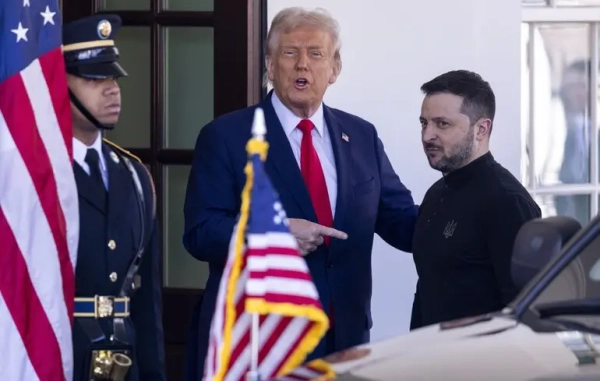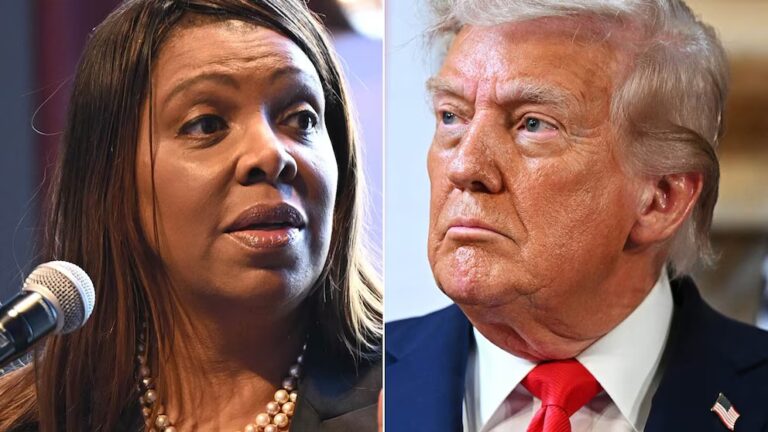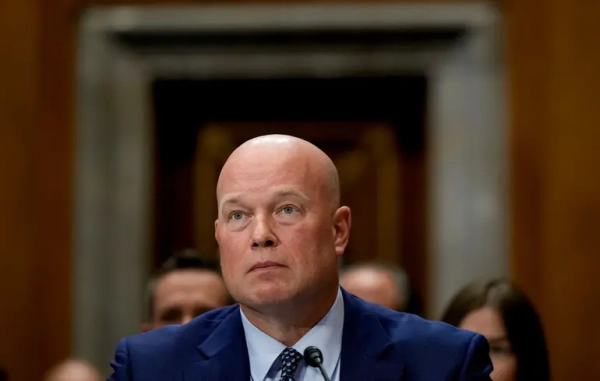
During Sen. Elizabeth Warren’s (D-MA) town hall event on Monday night, she floated a seemingly radical idea to make voting more equitable: abolishing the Electoral College.
“We need to make sure that every vote counts,” she said. “The way we can make that happen is that we can have national voting and that means get rid of the Electoral College, and everybody … I think everybody ought to have to come and ask for your vote.”
As Vox’s Ella Nilsen reports, Warren’s idea earned loud applause. Warren and Pete Buttigieg, the mayor of South Bend, Indiana, are among the 2020 Democratic hopefuls backing this idea.
Because of the Electoral College, swing states like Florida, Michigan, Pennsylvania, and Ohio tend to receive an outsized focus during campaigns. This emphasis means that certain other states are neglected by candidates and very rarely the linchpins in any presidential electoral decision.
This set-up ends up weighing the votes in swing states more heavily than those in places that predictably tend to fall on one side of the aisle. Swing state votes could decide an election, whereas ones in more solidly liberal or conservative states would be expected to break a particular way. It’s an arrangement that’s raised more questions after candidates in recent elections (Hillary Clinton and Al Gore) won the popular vote but lost the Electoral College.
Defenders of the system argue that removing it would give populous urban centers disproportionate power to decide elections compared to more rural areas, while proponents note that it would simply give each vote the same weight.
Sure, the Electoral College is unpopular with Democrats, but how would you actually get rid of it?
To ditch the Electoral College entirely, the US would have to pass a constitutional amendment (passed by two-thirds of the House and Senate and approved by 38 states) — or convene a constitutional convention (which has never been done, but would have to be called for by 34 states). Either method is vanishingly unlikely because each would require many small states to approve a change that would reduce their influence on the presidential outcome.
There is one potential workaround, however: the National Popular Vote Interstate Compact, a clever proposal that uses the Constitution’s ambiguity on electors to its own ends.
A state signing on to the compact agrees that it will pledge all its electors not to its state winner but to the victor in the national popular vote — but only if states controlling 270 or more electoral votes have agreed to do the same. If they do, and everything works as planned, then whoever wins the popular vote will necessarily win the electoral vote too.
It’s an interesting proposal that’s already been enacted into law by 12 states (including the large states of California and New York) and the District of Columbia, which together control 181 electoral votes. But there’s one big obstacle: Most of the states that have adopted it are solidly Democratic, and just one is a swing state.
So unless a bunch of swing states decides to reduce their own power or Republican politicians conclude that a system bringing the power of small and rural states in line with that of big urban centers is a good idea, the compact isn’t going to get the support it needs, as FiveThirtyEight’s Nate Silver has written.
At the very least, 2020 candidates’ focus on the issue is drawing attention to the possibility.
Sourse: vox.com






